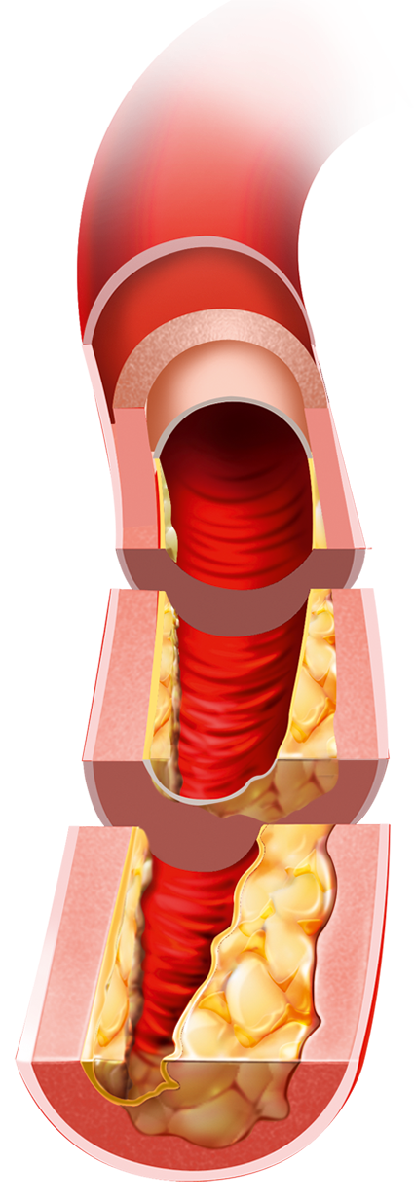These days Danish experts are scolding about cholesterol levels. The Research Director of the Danish Heart Association, Gunner Gislarson, has stated that too few Danes are being treated with cholesterol-lowering drugs - also called statins.
On the other hand, the author of several books on cholesterol, the internationally known doctor Uffe Ravnskov, argues that cholesterol is beneficial, also the so-called bad LDL cholesterol. He has most recently made this argument in a major danish newspaper (Politiken, January 24th 2017.)
Statins block CoQ10 synthesis
Who is right in what must be determined by research. But when the talk is about cholesterol lowering statins, it is relevant to focus on the substance coenzyme Q10. Cholesterol and Q10 share the same biochemical route of synthesis in the body. That is, the body's production of the two substances takes place in almost the same way, but ends up in two widely different end products.
When blocking cholesterol formation with statins, it is also possible to block the formation of coenzyme Q10. This implies a risk of lowering the coenzyme Q10 level in the body.
The body's natural energy
Coenzyme Q10 is a vital substance that forms part of the energy conversion of all cells. The body itself produces some coenzyme Q10, but this production decreases with age. We also get a minor amount of Q10 with our diet.
It has been observed how certain health problems can adversely affect the body's production of coenzyme Q10.
The only ways we can increase the cell's coenzyme Q10 content is to eat foods that contain the substance or take it as a supplement
Did you know about cholesterol?
That it is a very unique type of fat that forms part of all cell membranes and is necessary for a variety of important functions in the body, such as the formation of sex hormones, vitamin D and bile acids.
Our liver produces cholesterol, but we also get some through the diet. Cholesterol is transported around the body with the blood in various ways.
If there is too much cholesterol in the blood, according to some experts, it may cause arteriosclerosis and cause blood clots.
We need fat - but the right kind
The body needs fat for many purposes. Therefore, a fat-free diet is not a good solution if you want to lower the amount of cholesterol in your blood. However, it does matter what kind of fat we eat.
The saturated fat in the food (for example, fat in butter, butter, margarine, sauce, coconut fat, etc.) increases the amount of cholesterol in the blood while the unsaturated fat reduces it. Therefore, it is best to eat only saturated fat in limited amounts.
 The discovery that gave a Nobel prize
The discovery that gave a Nobel prize
The British biochemist, Peter Mitchell, was awarded the Nobel Prize in chemistry in 1978 for his work on mapping the energy production of cells, the so-called electron transport chain.
This process, which takes place in the cells 'power plants' (the mitochondria), is a biochemical conversion of fat, protein and carbohydrate to ATP (adenosine triphosphate). ATP is a molecule that stores the energy of cells in a form that can be quickly used.
Up to 95% of human energy is produced in this way, and coenzyme Q10 plays a crucial role as proton carrier in this process.



